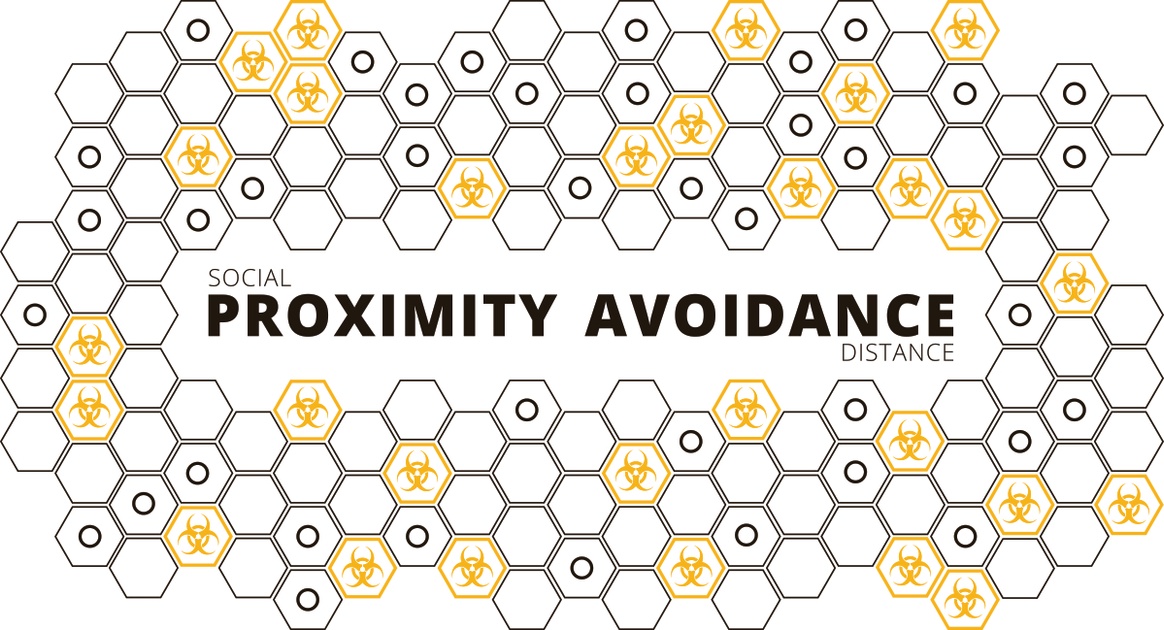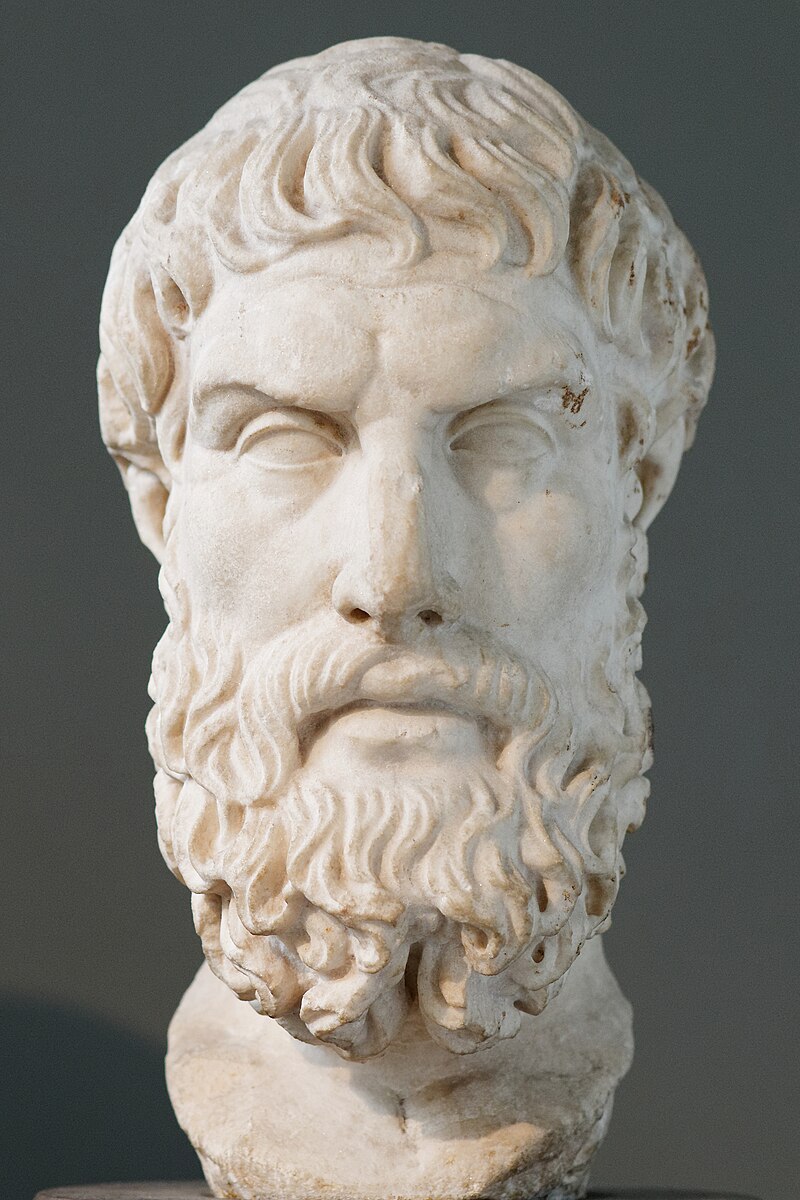If I had a magic wand, I would make you less afraid. Not foolhardy, just less apprehensive of the world and the people around you.
I grew up learning that fear was a thing to be conquered, not a thing to which we should capitulate. FDR, for all his faults, famously said, “The only thing we have to fear, is fear itself.” Frank Herbert gave us the “Litany Against Fear” in his novel, Dune: “Fear is the mind-killer…. I will face my fear.” Yet, somehow, instead of learning courage in the face of fear, many people today seem to have become paralyzed by fear.
Some claim to be tolerant of others but demonstrate fear of opposing ideas when they shout down anyone who disagrees with them. Some claim to “speak truth to power,” but cower in “safe spaces.” And now, many not only hide away in fear of the SARS-CoV-2 virus but they demand that others sequester themselves as well. Fear has led some of us to become subjects of the state moreso than citizens of it: subject to the state, happy to trade our freedom for a little security … or the illusion of security.
Leaving off for the moment the unfortunate fact that some people regard the entire song as problematic, have we reached the point where these United States need to replace the last line of “The Star-Spangled Banner”?
In some respects, we reached that point a long time ago.

(Image: “fear,” by Sean MacEntee, on Flickr under Creative Commons.)
This diatribe against fear, for instance, has been percolating in my brain for over a decade as I observed us, as a society, growing more and more fearful.
A dozen years ago, I read a book review entitled “Mill is a dead white male with something to say” in which Tessa Mayes interviewed Richard Reeves, a biographer of philosopher John Stuart Mill. The review began,
‘Harm’ is a political buzzword of our age. The spectre of harm is used to justify smoking bans in public places (to protect people from the harm of smoke), ‘anti-stalking’ measures against people who get involved in shouting matches with their partner or a workmate (in the name of protecting individuals from ‘emotional harm’), censorship (offensive words are said to ‘harm’ our self-esteem) and opposition to consumerism (apparently it ‘harms’ the environment).
All sorts of activities, from boozing to gambling to sexual relationships, are now said to involve harm – either to the person carrying them out or to people caught up in these whirlwinds of harmful behaviour. And thus, it is argued, government intervention into these intimate areas of our lives is not only justifiable, it is necessary.
To that list, we may now add such things as trading in non-state-approved items, traveling to non-state-approved places, congregating with non-state-approved people, and so forth.
The review pointed out that Mill
had a view of men as capable and energetic, who, when given the chance, could progress to become serious and even ‘heroic’ individuals. Thus, he had a quite narrow view of harm: in his view, it would take quite a lot to harm individuals who were possessed of free will and very often grit, and therefore he argued that only clear cases of harm could justify restrictions.
Today, by contrast, individuals are viewed as weak and vulnerable. The term ‘the vulnerable’ is used to refer to whole swathes of society. We are considered to be easily damaged and fragile creatures who must be mollycoddled by political leaders, social workers and health practitioners in order to keep our self-esteem intact. So almost everything is seen as ‘harmful’ to us today.
And how much more so when faced with something like SARS-CoV-2 that is demonstrably harmful? Something that mathematics predicted would harm millions, most especially “the vulnerable”?
It was not deemed sufficient to erect barriers to protect the “easily damaged and fragile” among us — the elderly, the infirm — when it seemed that medical facilities would be overrun with patients. Instead, political leaders and especially the media turned to a suasion tool that has proven far too useful: fear. Not that the fears associated with the SARS-CoV-2 virus were especially new. Fear was already rampant in our risk-averse society, albeit at something of a maintenance level, in terms of how tentative many people have become in their day-to-day lives. But people with vested interests applied the scary virus as if it were gasoline to more general fears that have smoldered for years. Carefully constructed and almost constantly negative reporting about the virus magnified those fears into quiet terror.
And people who are frequently (if not constantly) afraid are not likely to object to limitations on their liberties.
The difference between Mill’s view of harm and the popular view of harm today is the difference between a view of mankind as generally good and capable of freedom, and a view of mankind as weak and degraded. So where Mill emphasised the necessity of liberty, today many officials and commentators talk about the ‘dangers of unadulterated liberty’.
For Mill, any half-decent conception of the state had to be considered in line with individual liberty and social progress. As he writes in On Liberty: ‘A State which dwarfs its men, in order that they may be more docile instruments in its hands even for beneficial purposes, will find that with small men no great thing can really be accomplished.’
But why are we so afraid?
I submit that many of us are afraid because we abandoned faith. By abandoning faith, we abandoned hope in an afterlife, and by abandoning hope in an afterlife, we have come to fear death itself as the ultimate evil. Not to have a healthy respect for death, not to disdain it and to seek to postpone it because life itself is grand and glorious, but to fear it above all things.**
In his book The War of Art, Steven Pressfield noted that the Spartan King, Leonidas, said the highest virtue of a warrior was “contempt for death.” To count death as nothing, as unworthy of notice even though it is inevitable. Why is that important? Because if you don’t fear death, you won’t fear much of anything; in contrast, if you fear death too much, you will fear practically everything.
You may not admit it. But every fear stems from the fear of death. Believing in an afterlife is the surest way to overcome that fear, and such belief was the root of the fearlessness of mankind throughout history. But when more and more people began to disbelieve in an afterlife, once they came to fear death and to dread the very idea of it, they naturally began to shy away from anything too risky.
And those who deeply fear death do not understand those with contempt for it.
Not everyone can muster true contempt for death, can master that ultimate fear, but that ability in the face of predatory threats made relationships and status and roles much clearer in the past. We lack that kind of tangible threat these days. The SARS-CoV-2 virus, as dangerous as it is, does not pose such a threat — if for no other reason than that we cannot sense it directly.
When predators lurked outside, when their eyes shone in the dark beyond the firelight, when the dawn revealed the blood and mutilated corpses of the unwary, the weak and fearful naturally appreciated the strong and brave. We have been so long without a real existential threat that the weak have become less fearful, and the strong seem to have become less necessary. Some of the strong and good still protect the tribe, and we ought to be thankful for them. But we seem to have reached the point that the weak have grown comfortable enough that they feel justified in mocking the strong. That, I suppose, they may consider enlightenment.
Many years ago a popular brand of clothing featured the words “No fear.” That sentiment is lacking these days. Not only does almost everyone seem to be afraid, but many of us express our fears quite openly and surround ourselves (virtually) with those who share or at least bolster our fears. In some respects we appear to be a generation steeped in fear — and whereas our society used to wrestle with tangible fears like those of nuclear annihilation, we have given free rein to so many ephemeral fears that now a moderate danger like SARS-CoV-2 has brought some people to the point of near panic.***
Previous generations cultivated what the British called the “stiff upper lip,” but today we might well be a culture of quivering lips. Perhaps rather than the age of information, what we live in is the age of angst. Enemies need not bother terrorizing us anymore. We are already afraid. Not all of us, necessarily, but enough of us.
And, as I said at the start, if I had a magic wand to wave, I would use it to decrease our collective fear so we might once again lay claim to being the “land of the free, and the home of the brave.”
___
*It is probably prudent to note that some people have been laying claim to rights without any emphasis on assuming the responsibilities that go with those rights. But, that’s a topic for another post.
**I recognize some degree of irony in my talking so blithely about death and having contempt for it, while still subject to deep and sometimes soul-wrenching grief.
***In a future post, I hope to look at the SARS-CoV-2 virus through the lens of risk management, in hopes of showing that there is less need for panic than some people think.
___
P.S. While on the subject of the virus, don’t forget to order your Proximity Avoidance T-Shirt….

(Proximity Avoidance logo, designed by Christopher Rinehart.)


 by
by 

















